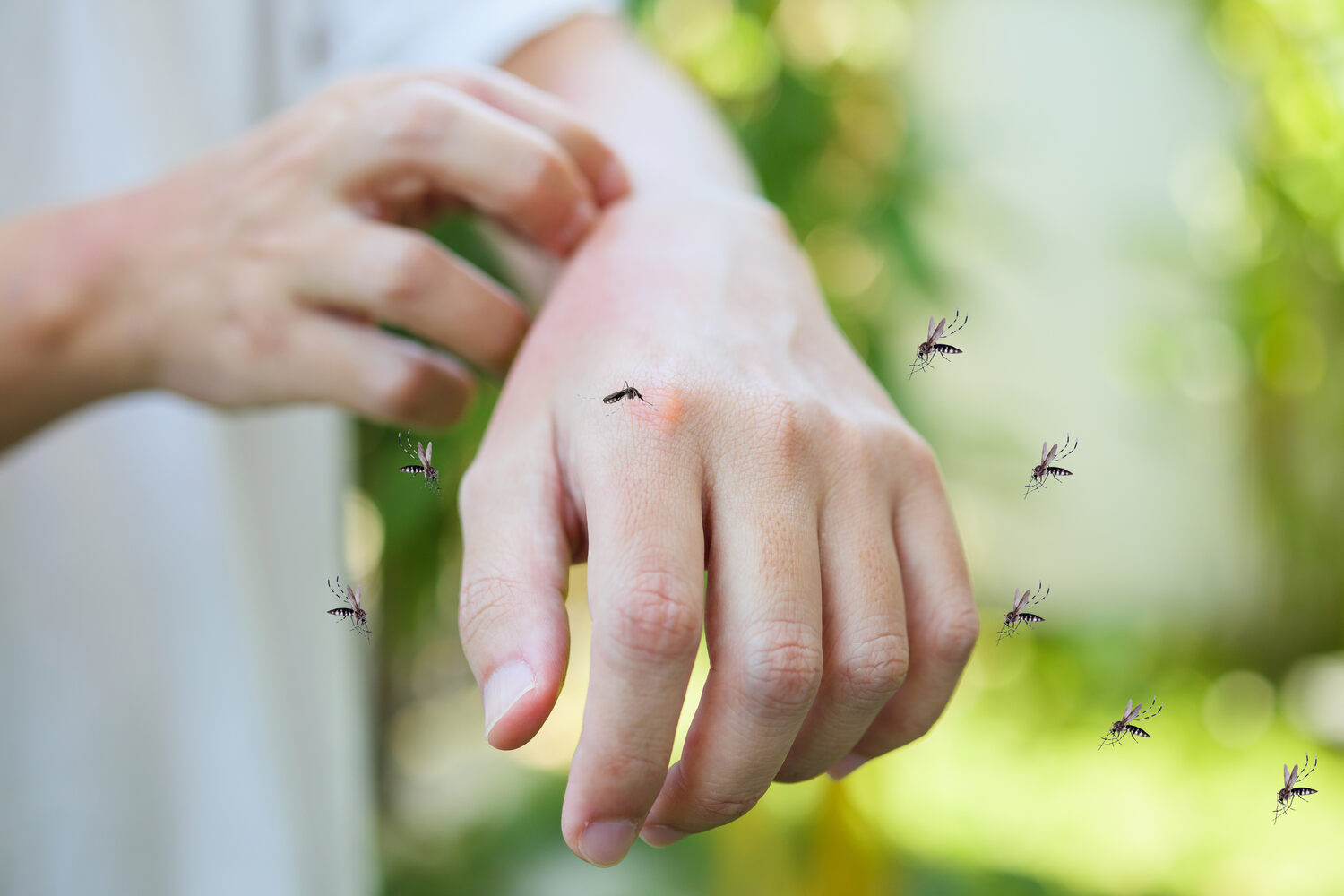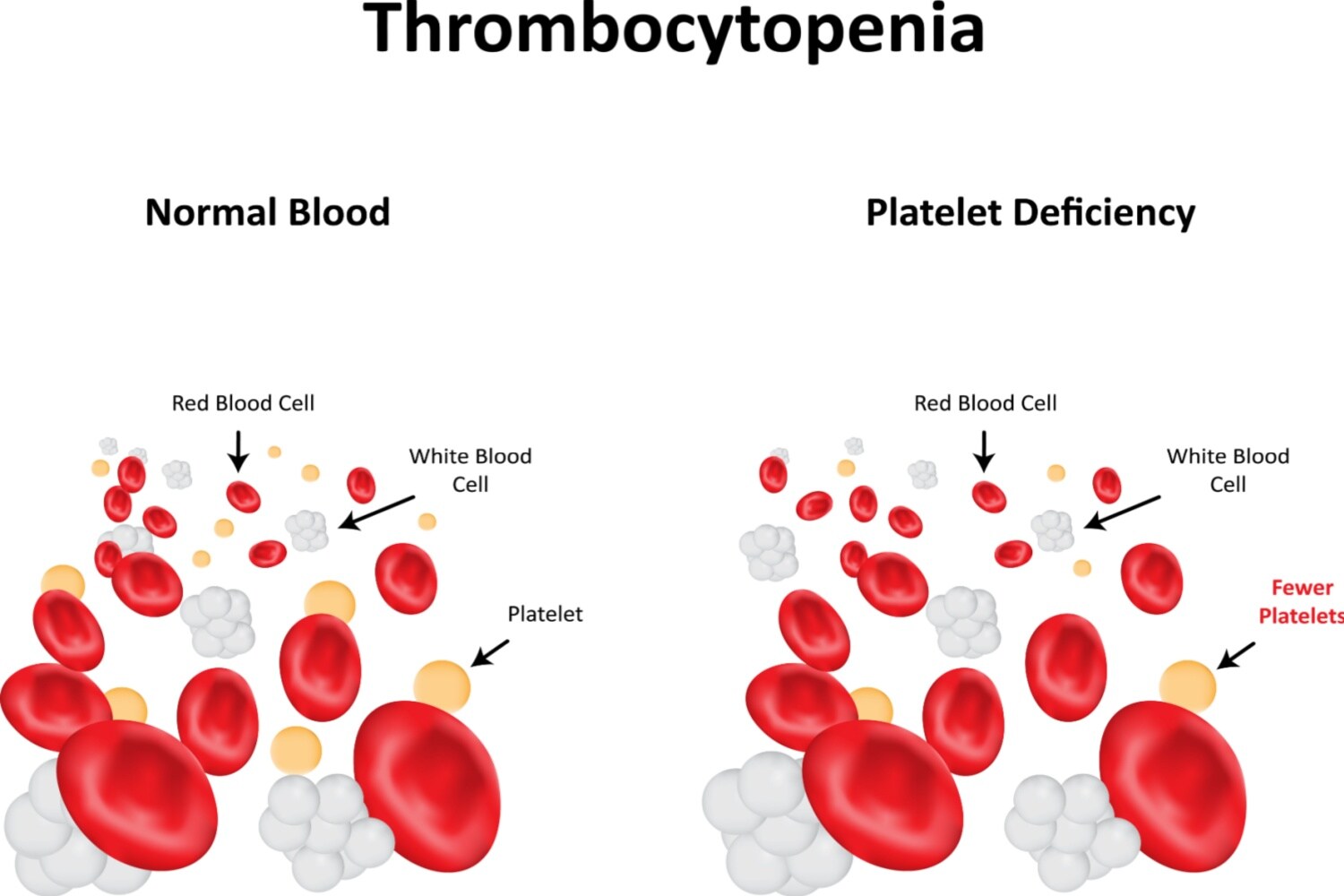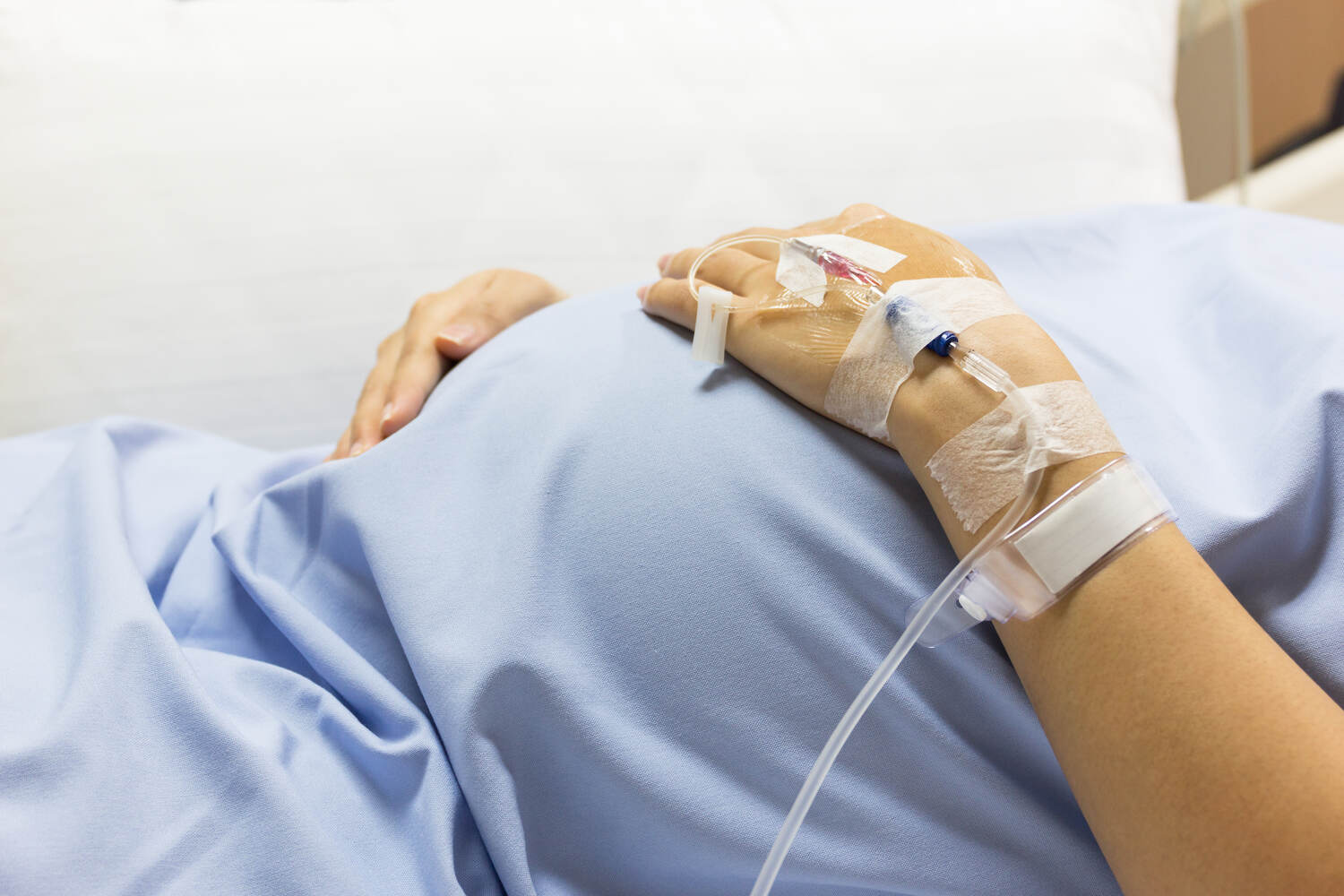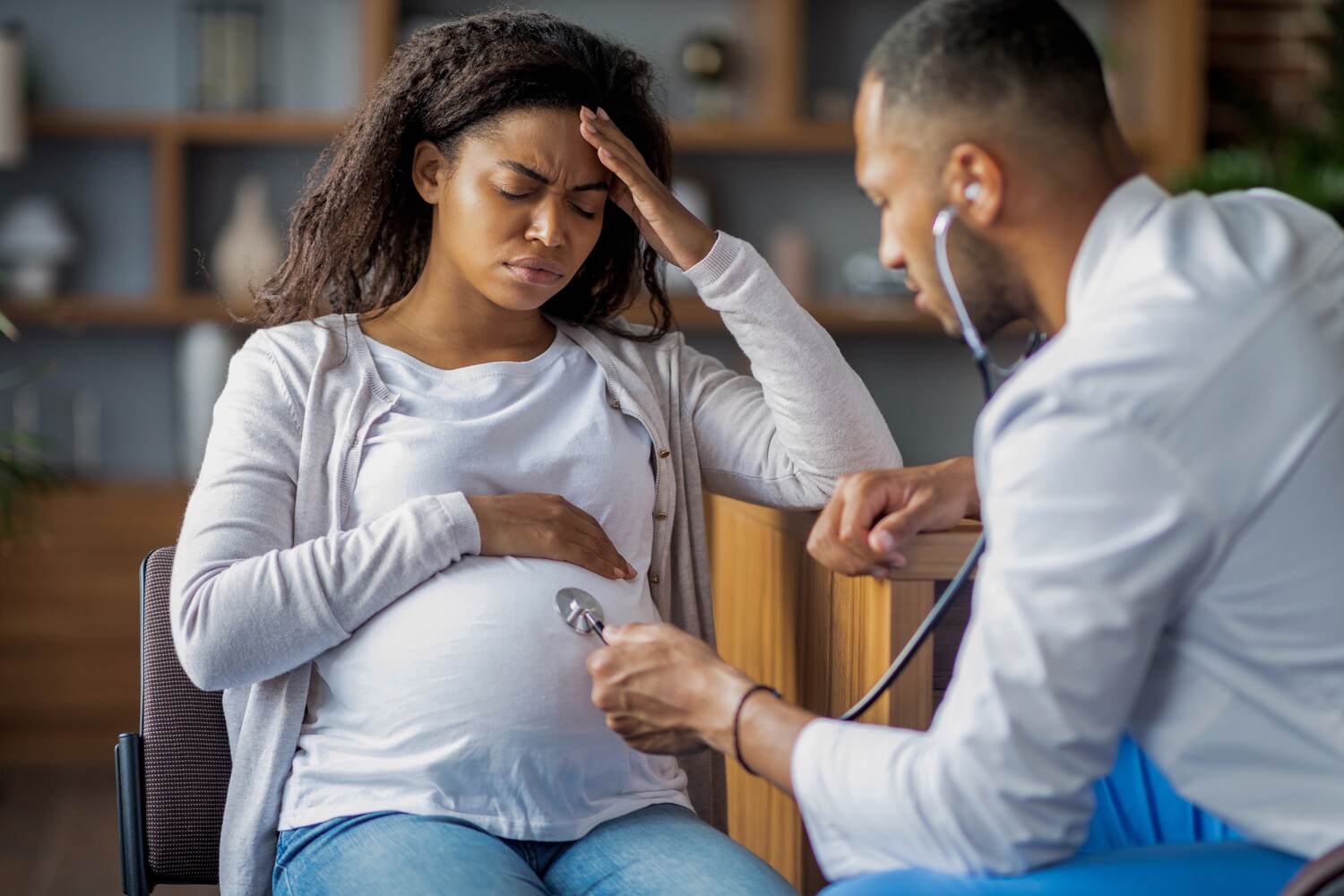
We all know the notorious nature of viruses and how they impact our health. One such virus is the dengue virus, which can prove fatal. Any form of ailment during pregnancy can be worrisome. So if you get dengue fever in pregnancy, it can be a matter of concern. Owing to the weak immunity during pregnancy, this infection can be really serious.
The main worry about dengue is the risk of the tiny baby getting the infection. Having proper knowledge about how this disease spreads and the possible complications that can arise will help in preventing it in a better way. Continue reading to understand more about this disease, and its effects on pregnancy, and about the treatment options.
In This Article
- Video – Dengue During Pregnancy
- What is Dengue Fever?
- Causes Of Dengue Fever During Pregnancy
- What Are The Symptoms Of Dengue Fever During Pregnancy?
- Risks Of Dengue Fever During Pregnancy
- How Is Dengue Fever Treated During Pregnancy?
- How To Prevent Dengue Fever During Pregnancy?
- Transmission of Dengue During Pregnancy
- FAQs
Video – Dengue During Pregnancy
What is Dengue Fever?
Dengue, also known as Break Bone Fever, is a disease caused by the dengue virus transmitted to humans through the bite of an infectious mosquito. It mostly occurs in tropical and subtropical regions. [1] Most people remain asymptomatic but a few cases turn out to be very severe and need hospitalization. The severe forms of dengue are Dengue fever and Dengue Shock Syndrome. [2]
Causes Of Dengue Fever During Pregnancy

Dengue is a viral disease transmitted to people by certain species of mosquito called Aedes aegypti. [3] There are four types of dengue virus. As a result, if you contract one type of virus at any time, it gives you lifelong immunity to that type, but you could still contract the other three types later. Since dengue is a mosquito-borne illness, the number of dengue cases shoots up during the monsoon season, the period in which the mosquitoes thrive due to stagnant water. Aedes mosquitoes are more active during the day, especially early in the morning and late in the afternoon.
What Are The Symptoms Of Dengue Fever During Pregnancy?
The symptoms of dengue fever appear 72 hours after the virus strays into the body after a mosquito bite. Most of the signs of dengue fever are quite similar to those of the flu. Initial signs include:
- High fever
- Maculopapular rashes on the upper body. [4]
- Severe headache
- Nausea and vomiting
- Signs of dehydration
- Bleeding from the gums
- Severe pain in the joints.
- Pain behind the eyes increases with movement.
- Loss of appetite
- Severe body pain and joint pain
- Low platelet count
A severe drop in the platelet count can result in low blood pressure and may lead to bleeding. This life-threatening condition is known as dengue hemorrhagic fever.
Risks Of Dengue Fever During Pregnancy

Dengue fever in pregnancy can generate a lot of health complications for both the mother and the unborn baby. This is because, as the immune system is weak during pregnancy, the chances are that pregnant women can have a severe form of dengue. Also, the virus can pass on to the unborn baby during pregnancy or birth. Some of the complications that can emerge during pregnancy due to dengue fever are:
- Thrombocytopenia: The drop in the platelet level is one of the significant signs of dengue. A low platelet count during pregnancy can be life-threatening for both the mother and the baby. Severe thrombocytopenia can develop complications with the use of epidural or general anesthesia in the course of delivery
- Preterm labor and low birth weight: Dengue during pregnancy, especially during the second and third trimesters, increases the chances of preterm labor and a low-weight newborn or even stillbirth in severe cases. [5]
- Miscarriage: Dengue during the first trimester increases the chances of miscarriage
- Risk of hemorrhage: If the mother has dengue virus during delivery, the risk of hemorrhage is very high.
- Preeclampsia: The chances of developing preeclampsia increase if the pregnant woman catches dengue fever during pregnancy.
- Dengue hemorrhagic fever: The severe form of dengue, dengue-hemorrhagic fever, can be fatal for the baby.
The risk of passing dengue fever to your baby will happen only if you have this illness towards the end of your pregnancy; otherwise, the chances of passing the virus to the fetus are very low. Generally, dengue does not cause any physical deformities in kids, but you have to, however, be careful to prevent infection from spreading to your newborn baby. Doctors will monitor your baby for symptoms like fever, a low platelet count, and rashes in case you have dengue at the time of delivery.
How Is Dengue Fever Treated During Pregnancy?

Early diagnosis is significant for the effective treatment of dengue. Therefore, if flu-like symptoms persist or if you develop severe abdominal pain and vomiting after the fever subsides, go for a blood test to confirm dengue fever. Blood pressure monitoring and blood platelet count assessment are really important.
The treatment of dengue fever during pregnancy is same as that of any normal dengue fever case. Taking timely measures for safety will ensure that you and your baby are healthy.
- One must avoid Over-the-counter medicines in any circumstances during pregnancy.
- Mild to moderate cases of dengue can be effectively managed by taking acetaminophen and paracetamol, which can relieve the fever and body pain
- Plenty of fluids will help keep dehydration (due to vomiting) at bay. Dehydration during pregnancy can affect the embryonic fluid level. The main treatment for dengue is fluid management. [6] Intravenous fluid helps in correcting electrolyte imbalances.
- Plenty of rest
- In cases of severe dengue fever, hospitalization and treatment in the intensive care unit may be necessary.
- An infusion of platelets may be necessary to bring the blood platelet count back to normal levels.
- Sometimes a tocolytic agent is necessary to stop contractions when the platelet counts are too low. This makes sure that the platelet count is adequate at the time of childbirth.
How To Prevent Dengue Fever During Pregnancy?
Dengue passes on to us through mosquito bites. Therefore, preventing the thriving of mosquitoes helps to prevent dengue fever during pregnancy. For this:
- Use mosquito repellents around the house that are safe during pregnancy.
- Stay indoors in the early morning and late afternoon, during which the Aedes mosquitoes are more active.
- Stay inside the mosquito net while taking a rest.
- Mosquitoes do not stay in cold temperatures. Therefore, try to stay in an AC room.
- Avoid any water stagnation around your home and keep your surroundings clean and hygienic to prevent mosquitoes from thriving.
- Covering the windows and door with wire mesh will also help to prevent mosquitoes from getting into your house.
Transmission of Dengue During Pregnancy

Pregnant women remain susceptible to various infections owing to their weak immune systems. A simple bite of an infectious mosquito can lead to deteriorating complications in a pregnancy. A woman can develop dengue due to the bite of a mosquito, and it can be really harmful to both her and the baby. The main risk is passing dengue to an unborn baby. Though birth defects are not common in dengue, complications like stillbirth and preterm delivery can happen. Women who develop dengue just a few days before delivery or soon after delivery must be kept under observation. One thing to note is that the virus does not transmit through breastfeeding. In fact, mother’s milk contains wonderful antibodies that help the newborn fight infections.
If you notice any flu-like symptoms during pregnancy, then it is a good time to go to a doctor and evaluate yourself. Dengue fever in pregnancy can be very critical. The earlier the diagnosis, the better the management. Follow all preventive measures to keep this virus away. Stay alert, and enjoy your pregnancy.
FAQs
1. What Is The Outcome Of Dengue In Pregnancy?
A pregnant woman can transmit the infection to the unborn child. Though the risk of any malformations is uncommon, a few complications, like preterm birth, stillbirth, and low birth weight, can occur.
2. How Many Days Do Platelets Decrease In Dengue?
Dengue can cause a significant drop in platelet counts. The drop happens around days 3-7 of getting the infection. The majority of the drop in the count happens on day 4.
3. What Are The Dangers Of Dengue Fever?
A severe infection can cause a significant drop in platelets, leading to internal bleeding, shock, and even death. There can be bleeding from the gums and nose, abdominal pain, and rapid breathing.
4. Is Hospitalization Necessary For Dengue?
In cases of extreme weakness, severe abdominal pain, and signs of internal bleeding, hospital stays might become necessary. Basically, dengue fever complicating into dengue hemorrhagic fever and dengue shock syndrome requires hospital admission.
References
- Dengue and severe dengue – [https://www.who.int/news-room/fact-sheets/detail/dengue-and-severe-dengu]
- Dengue fever – [https://www.sciencedirect.com/science/article/abs/pii/0738081X89900345]
- Dengue Fever, Hawaii, 2001–2002 – [https://www.ncbi.nlm.nih.gov/pmc/articles/PMC3320380/]
- Dengue fever: a Wikipedia clinical review – [https://www.ncbi.nlm.nih.gov/pmc/articles/PMC4242787/]
- Dengue during pregnancy and adverse fetal outcomes: a systematic review and meta-analysis – [https://www.thelancet.com/journals/laninf/article/PIIS1473-3099(16)00088-8/abstract]
- Treatment of dengue fever – [https://www.tandfonline.com/doi/full/10.2147/IDR.S22613]

